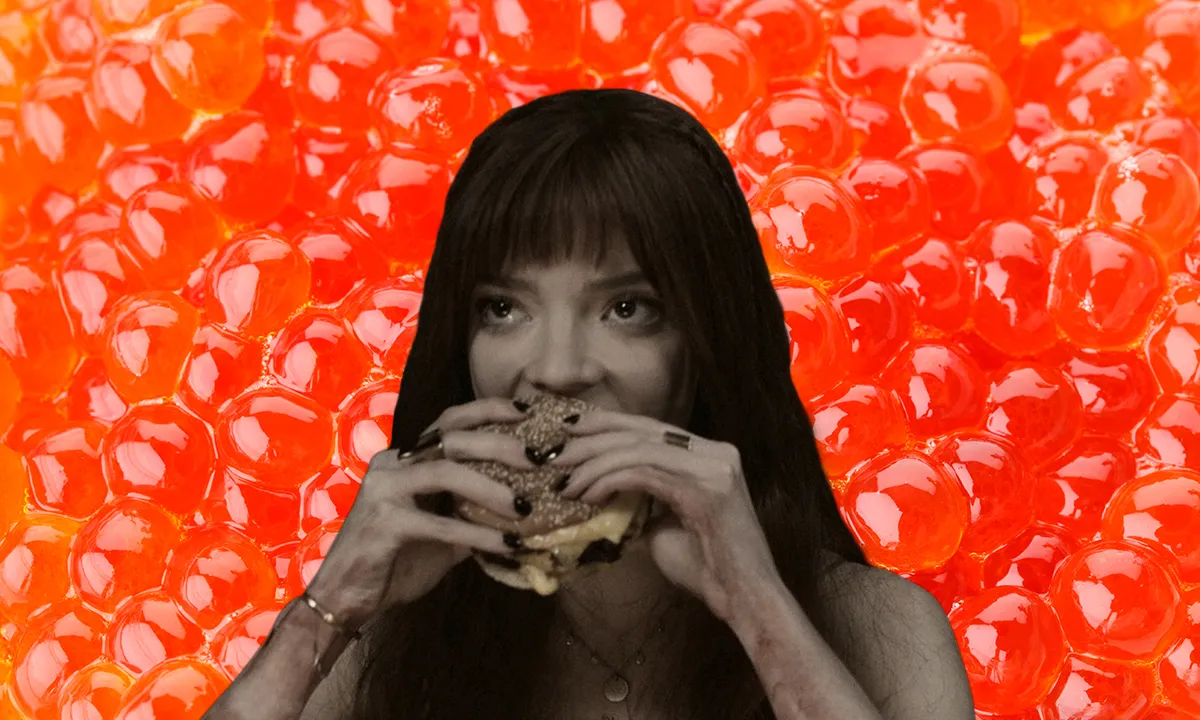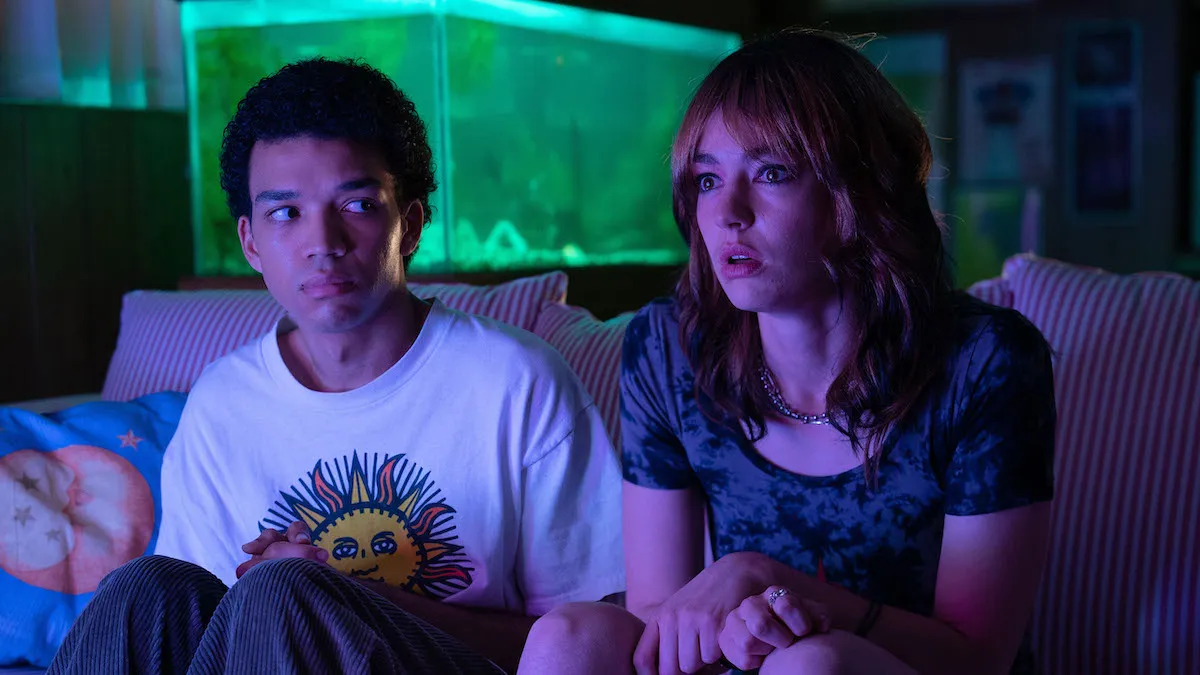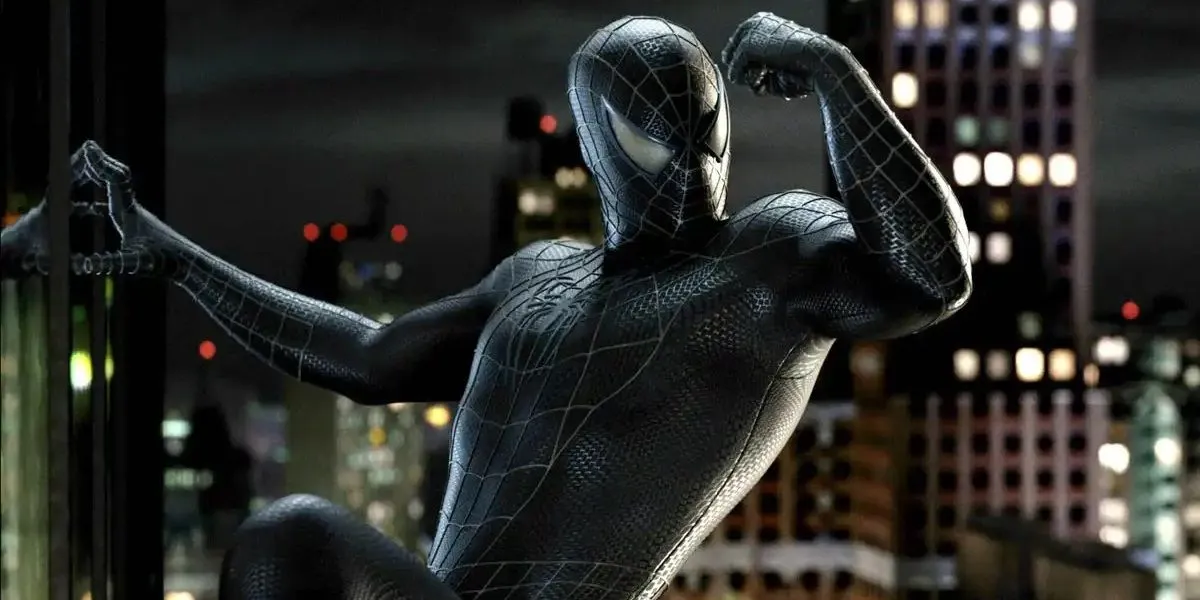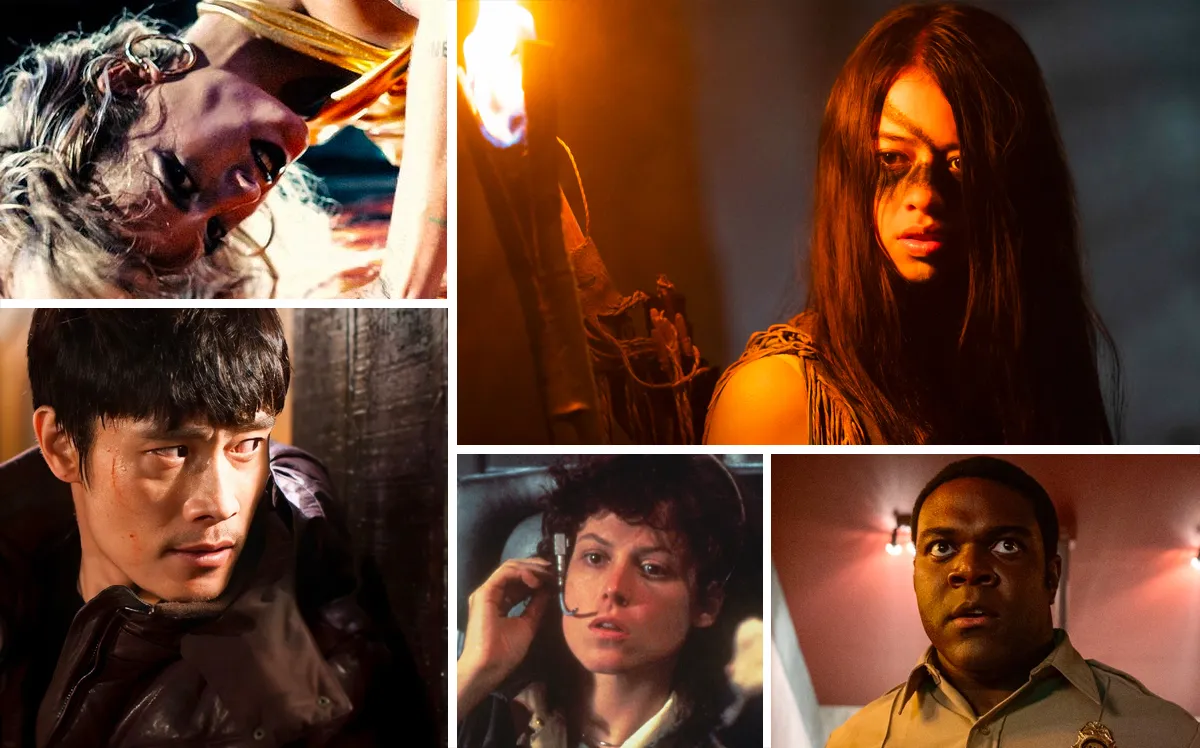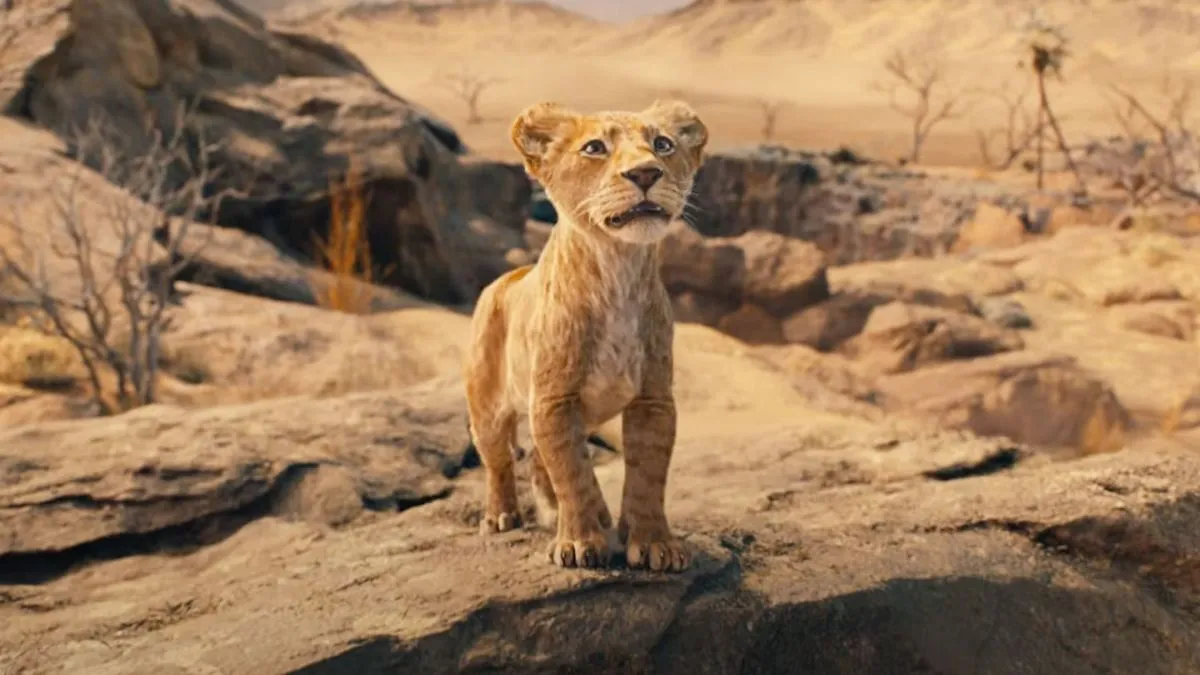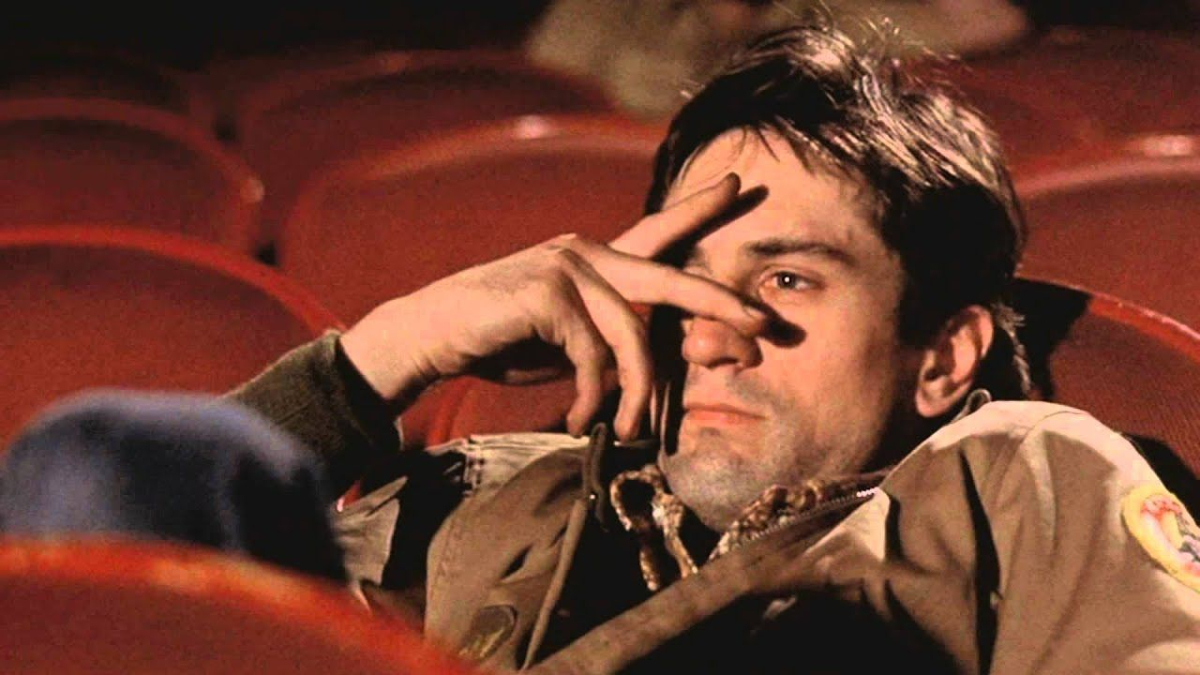While horror’s primary goal is usually to thrill and terrify its audience, the genre also offers ways of exploring cultural taboos and accepted social norms. These can be rare events or controversial subjects, but also normalized harms that we’ve largely accepted as a necessary evil—like capitalism.
We’re not just referring to the supposed free market model or the fantasy concept of trickle-down economics. Some films zero in on elements like poverty, for-profit health care, hustle culture, and an ever increasing wealth gap. Horror remains an excellent genre for exploring class dynamics and generally acknowledging how messed up rich people can be. In some cases, engaging with the genre offers catharsis, showing us what it would be like if the powerful felt the nearly inescapable fears of those in the working class.
Not every film about these topics is made with these themes in mind. In fact, the writer of one of these entries outright rejects these themes. However, the author’s own thoughts fade away for many viewers in favor of the gleeful experience of watching an out-of-touch rich person (especially if they’re a bigot) get their come comeuppance. Additionally, class bias doesn’t always appear so obvious if the conflict isn’t front of mind. Here are some of the best horror movies to eat the rich.
Hostel (2005)
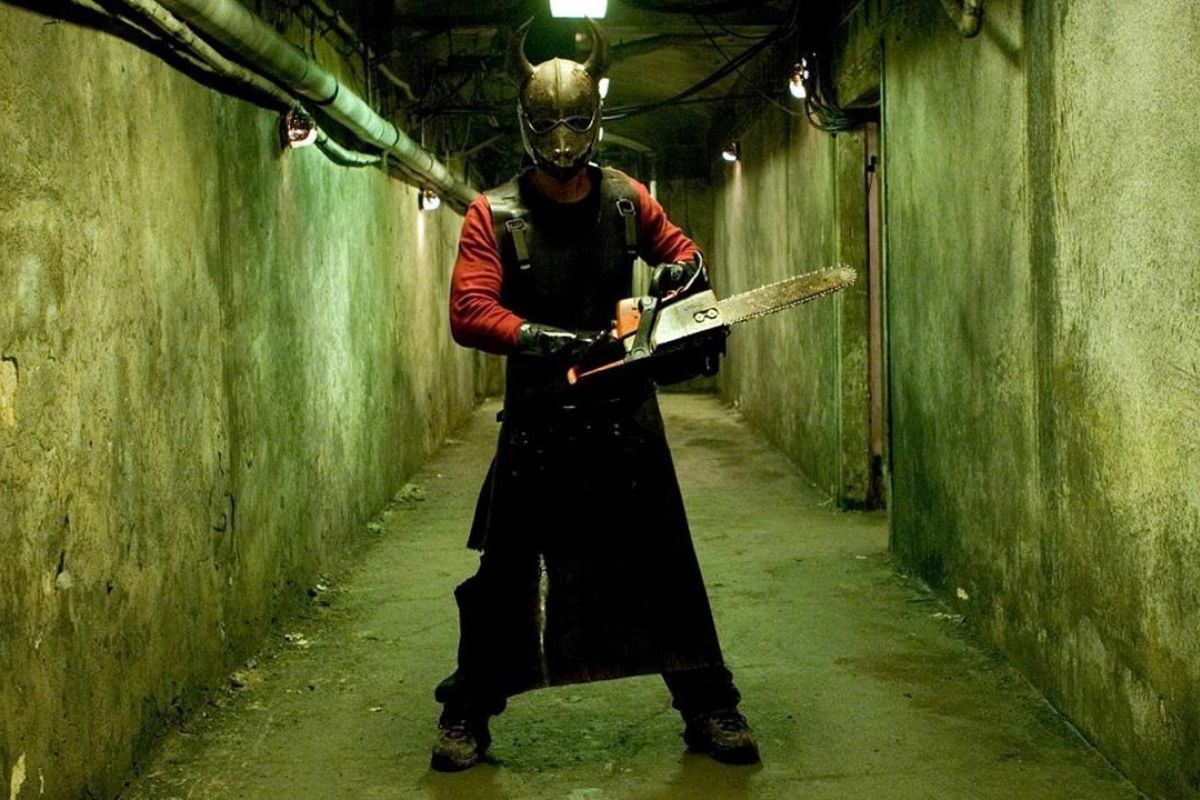
Hostel is a mid-2000s horror movie, meaning there’s extended scenes of torture directed at characters who aren’t very empathetic. However, the movie does have a certain amount of self-awareness to its violence; the three main men we follow are obnoxious American tourists using their wealth to do drugs and engage sex workers, not questioning their actions. But when the tourists find themselves kidnapped by a group that caters to rich murderers, they are suddenly the victims of the same systems they were benefiting from. – Kimberly Terasaki
Saw VI (2009)

Saw VI features a health insurance CEO being put through his own algorithm to see which of his employees should live or die. While Jigsaw is a horrendous murderer, he is right that health insurance companies are effectively deciding who lives and who dies when they refuse coverage for life-threatening ailments. In a nice turn of events, the CEO actually does seem to learn his lesson and regret his actions. However, it’s too little too late for the families of the people he condemned. – KT
The Hunt (2021)
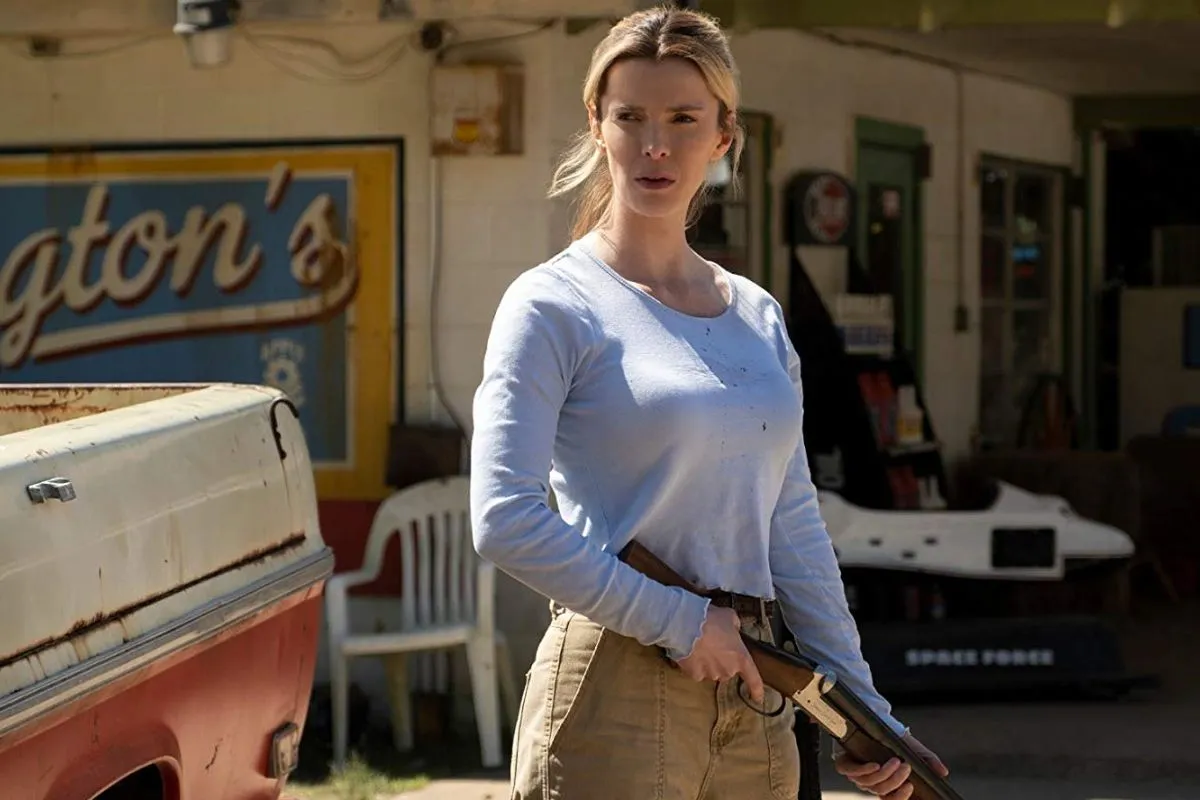
The Hunt was criticized for being both anti-liberal and anti-conservative, but in reality, it’s anti-rich. While the film does poke fun at the ways in which both sides of the aisle can veer into ridiculous stereotypes, it mostly focuses on how wealthy people pretend to be socially aware but ultimately care more about their own satisfaction than any social causes or the betterment of society as a whole. – KT
Would You Rather? (2012)
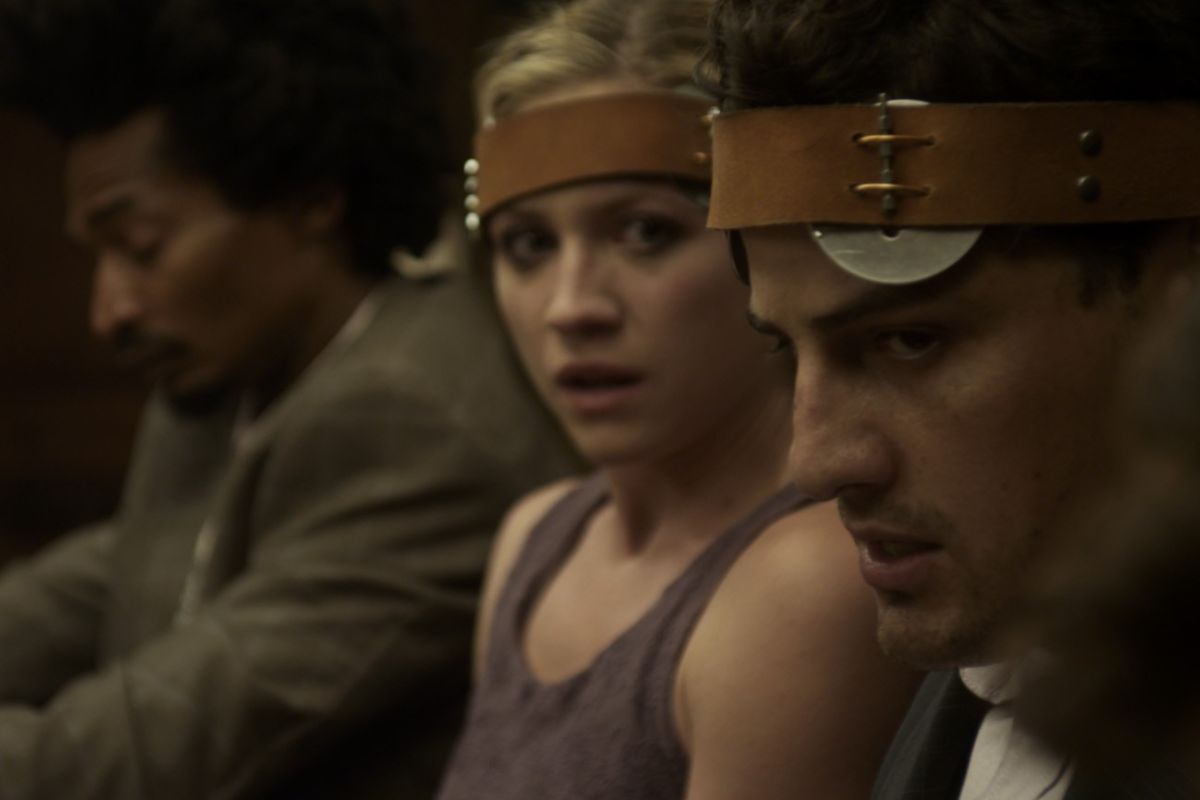
Basically Squid Game before Squid Game, Would You Rather? follows a sadistic billionaire as he forces desperate people to compete against each other in a life-or-death game that he claims is an experiment, but is really for his own pleasure. Warning: this movie does not have a happy ending. – KT
The Purge series
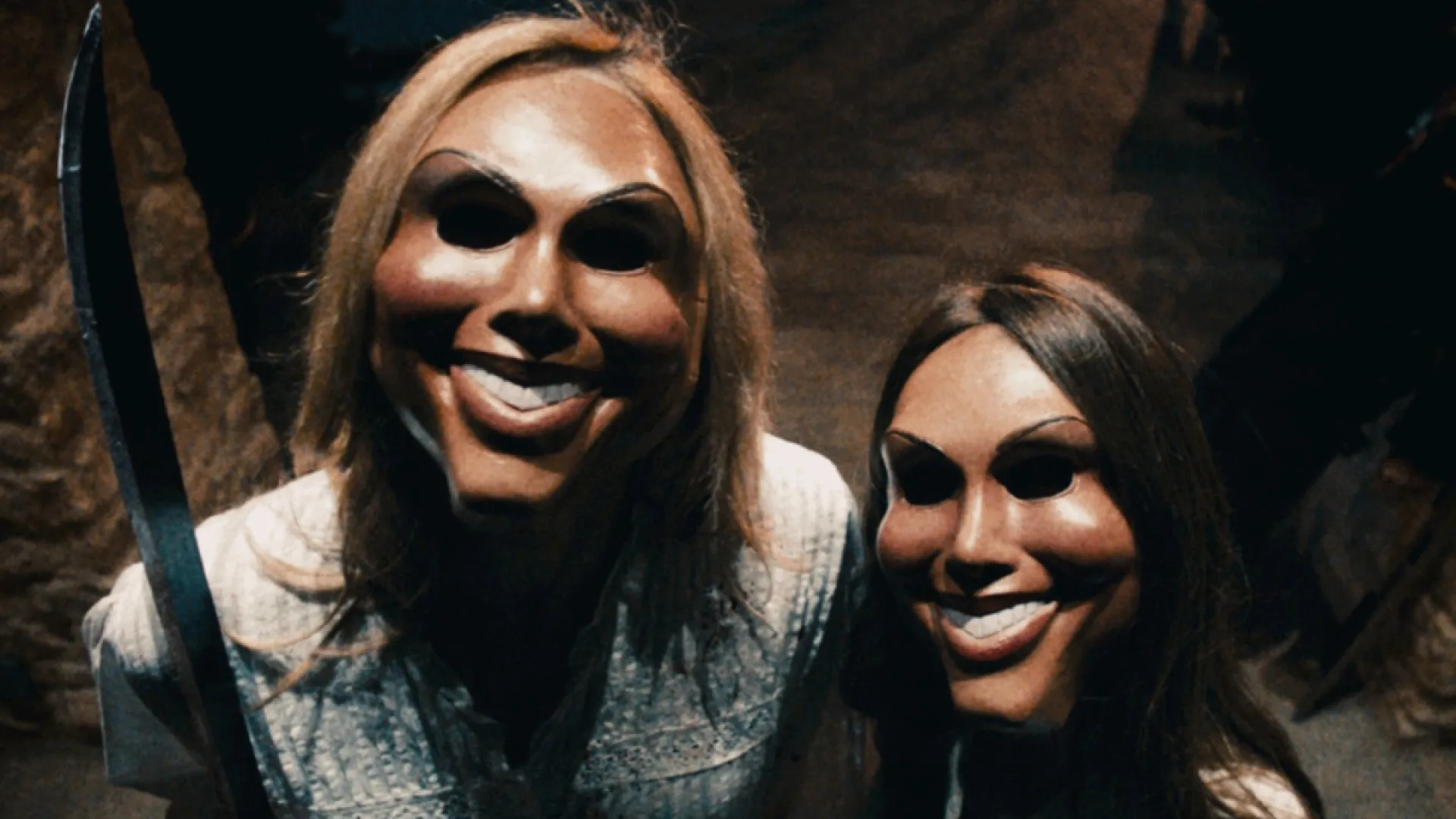
The Purge series has a lot to say about the state of America, including but not limited to: gun violence, the criminalization of homelessness and poverty, the intersection of racism / religion / conservatism as ways of maintaining control over Americans, and the far-right going so far that not even the mainstream right can control them. These movies are not subtle, but it is interesting to see a mainstream horror franchise explore these issues openly. – KT
Society (1989)
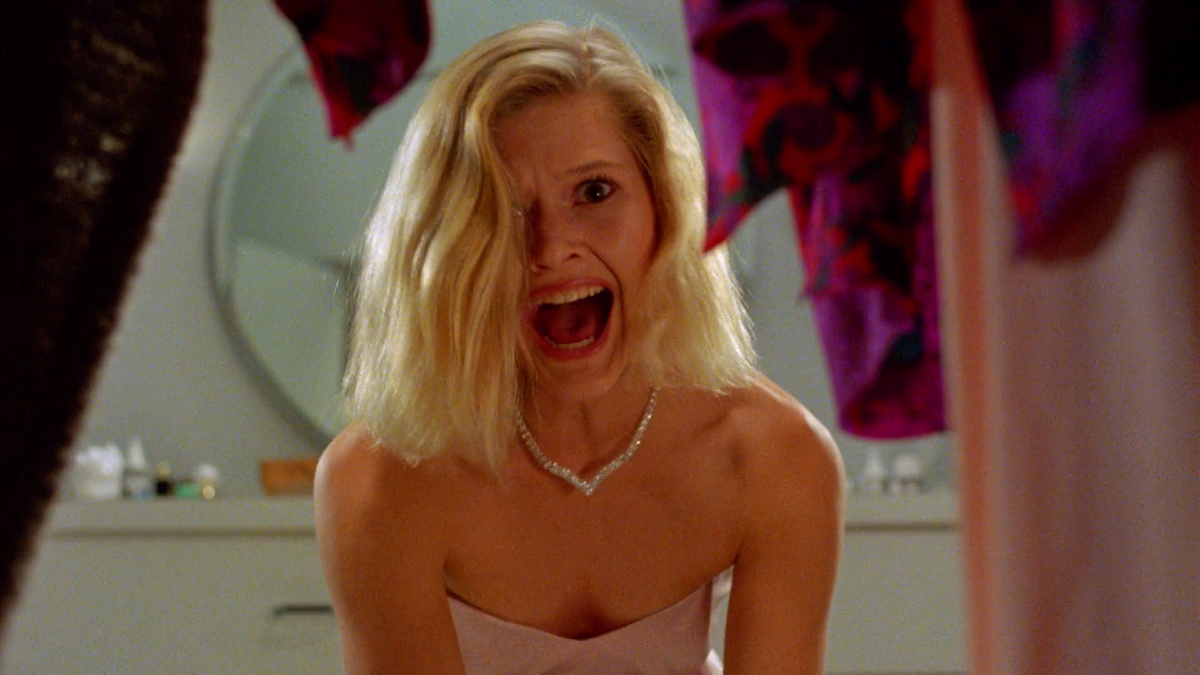
Society is a surrealist nightmare that shows how the rich use and abuse the poor. Bill is gaslighted by his rich (adopted) family, his psychiatrist, and the rich upper-class of Beverly Hills, all to be raised as a pig for slaughter. Or, in this case, for shunting. – KT
American Psycho (2000)
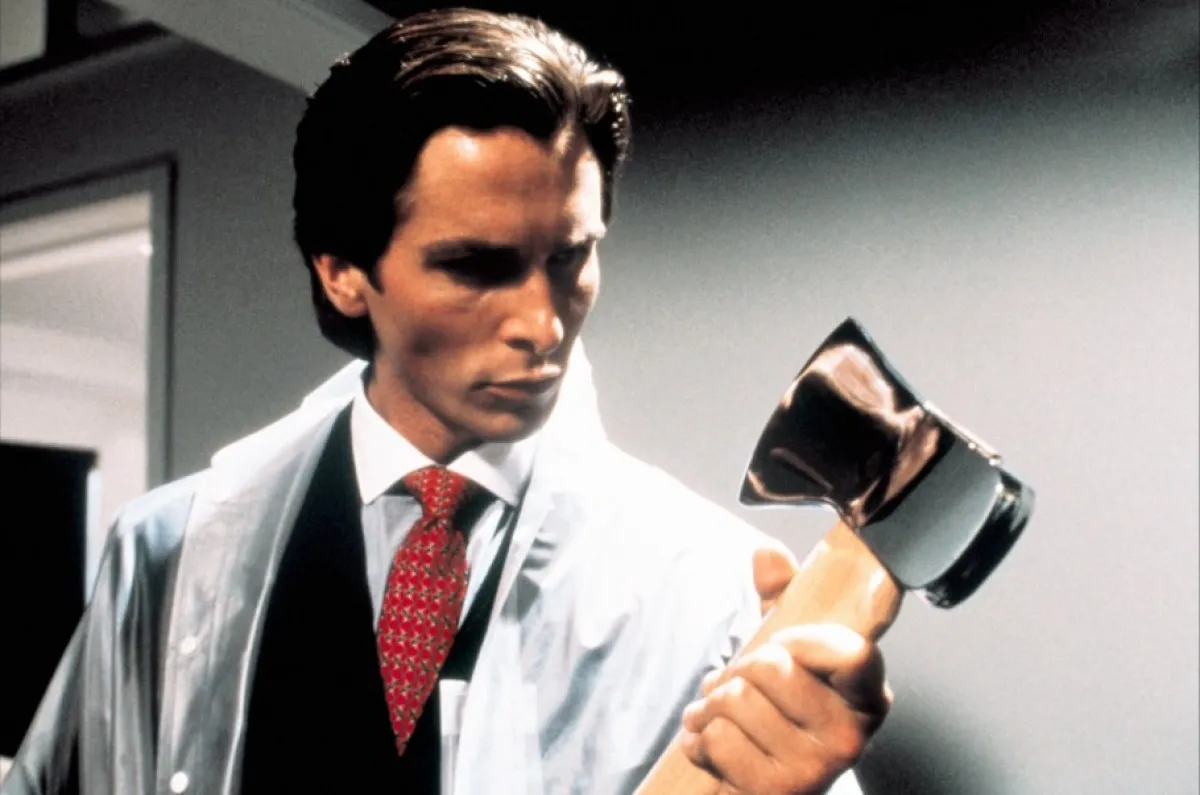
The satire of American Psycho has been misunderstood by people who think Patrick Bateman is “cool.” When you actually watch the film, Bateman is constantly getting insulted by his “friends” and “coworkers,” assuming they remember his name or face to begin with. In the end, Bateman comes to realize that he too is trapped within the system and that despite his attempts to confess his crimes, the rich men around him will constantly cover for him. – KT
Infinity Pool (2022)
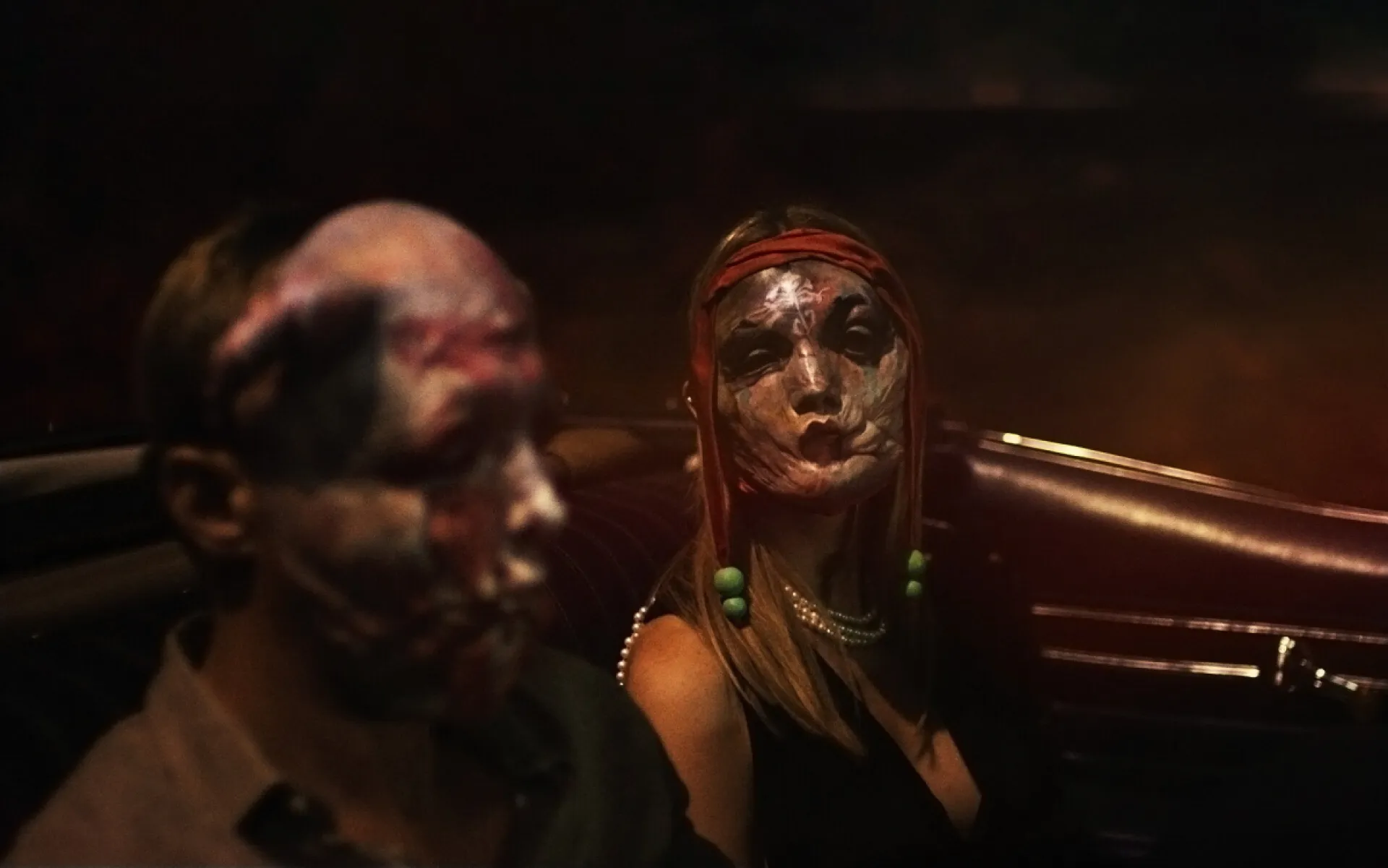
Much like Hostel, this movie is about rich people vacationing in poorer countries. However, instead of murder-tourism, Infinity Pool also features suicide-tourism. After the rich guests leave their gated resort and “accidentally” kill a local, they are offered the chance to avoid execution by paying to have a clone of themselves made to be their stand-in. Other characters eventually reveal that they have a whole “club” of rich people who have gone through the cloning and execution process and find it invigorating. – KT
Sweeney Todd: The Demon Barber of Fleet Street (1982)
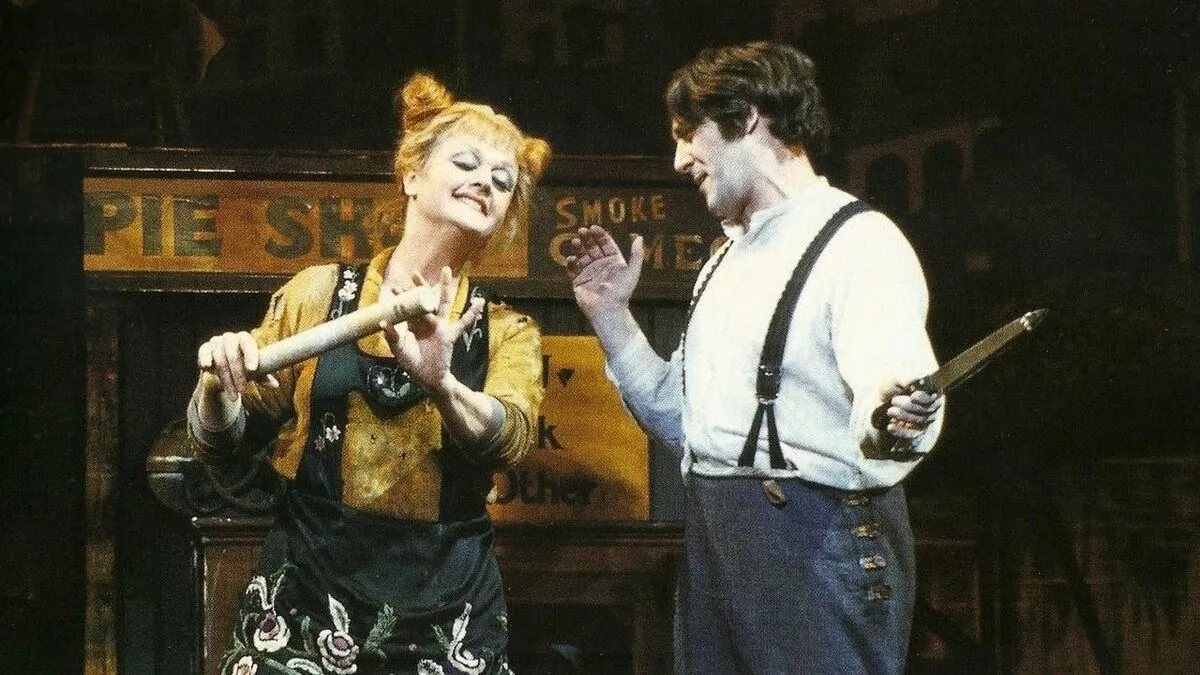
The industry around musicals is interesting because they often keep working-class people out through various barriers, both behind the stage and in front of it. However, many of the most popular musicals include sharp criticism about the rich and capitalism.
Stephen Sondheim denied this analysis of Sweeney Todd: The Demon Barber of Fleet Street, but his musical about a poor man viciously wrong by a two-tiered criminal justice system that turns into a plot to kill a judge and serve up meat pies made of rich/merchant class does just that. Because they’re in survival mode, these characters go beyond eating the rich and turn to serving the proletariat in pies, too. Not excusing them, but it goes to show how everyone is a victim of this, as working-class revenge becomes an aim for expensive private property “by the seaaa.” Beyond the themes, the lyrics in several songs and even the setting of dirty, industrial London supports this reading. Here’s just one example, from the second-to-last song in Act One, called “Epiphany.”
“Because in all of the whole human race, Mrs. Lovett,
There are two kinds of men and only two:
There’s the one staying put in his proper place
And the one with his foot in the other one’s face.”
– Alyssa Shotwell
Upgrade (2018)
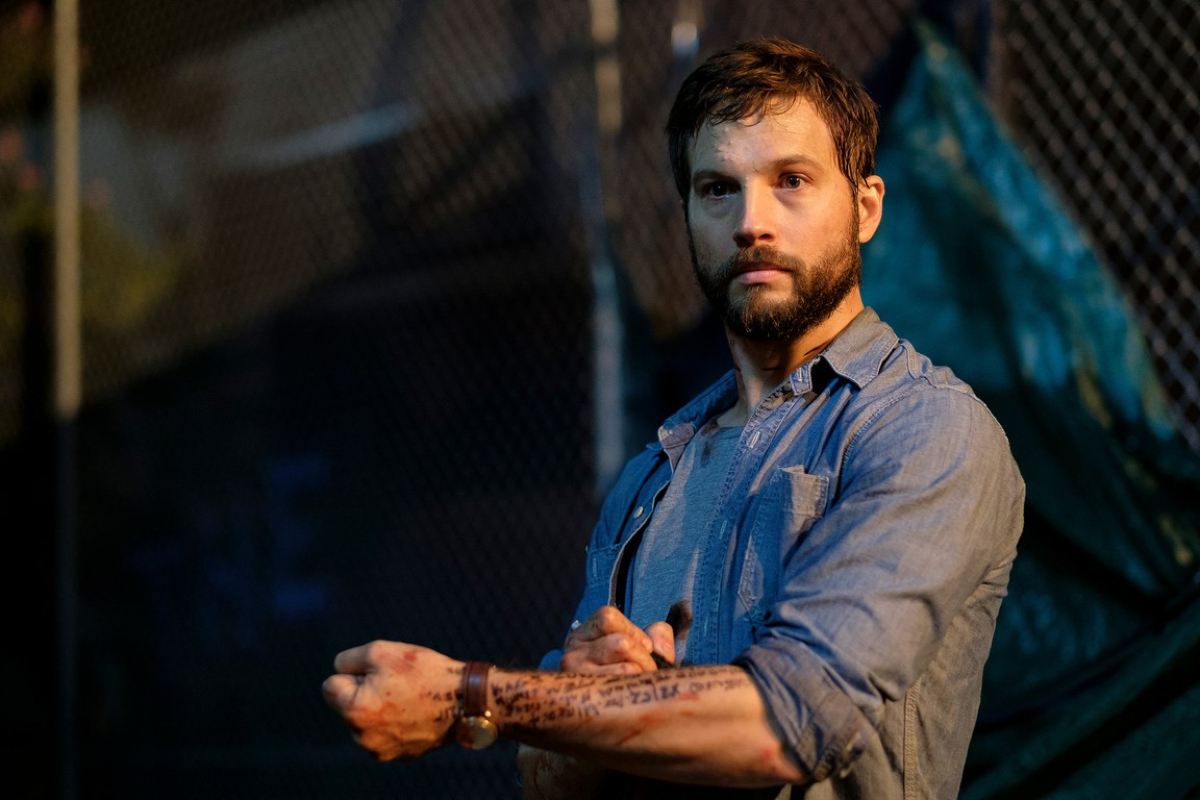
This deceptively corny (and ableist)-looking film follows a man physically paralyzed after a mugging, who is offered the chance to walk again through an experimental implant. After the surgery, he’s able to fight with superhuman strength and uncovers secrets about what made this possible. While there’s an argument to be made that Upgrade is more of a mystery or sci-fi action film, we need to acknowledge that the concept—an implant designed to help you walk again is actually secret military technology you have little control over—is freaking terrifying.
These types of movies featuring futuristic body modifications deserve space in horror (see also: Crimes of the Future). Amid the story of loss and revenge is a person fighting against intrusive AI technology in fields like healthcare. This satirical film isn’t technophobic; however, it does ask the audience to consider the financial motives of seemingly benevolent billionaires. – AS
Ready or Not (2019)
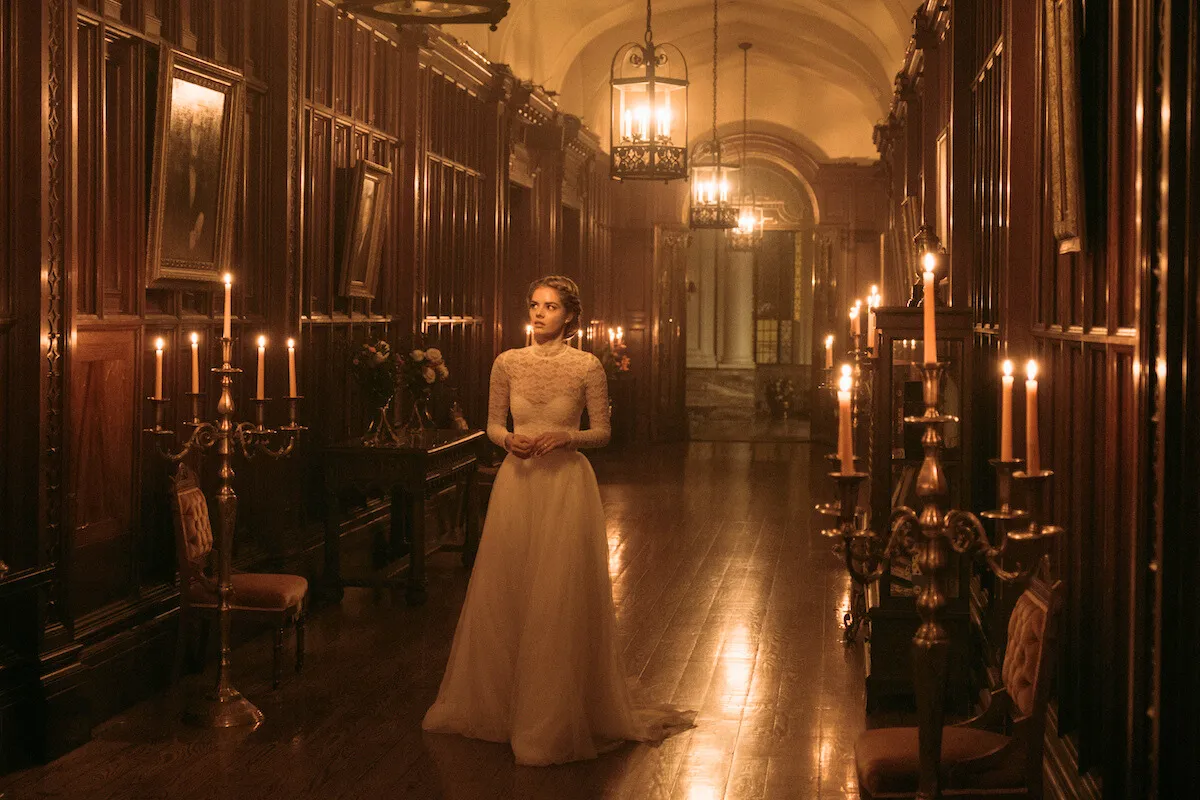
“Fucking rich people!” Ready or Not tells it like it is: Rich people got rich by effectively making deals with the devil, and they maintain their wealth by sacrificing others. I think it’s especially interesting that almost everyone who marries into the family is implied to be from a “lower” class, indicating an enforced power dynamic and that the descendants specifically only marry people whom the family can make disappear with minimal risk to themselves. – KT
Fear Street trilogy (2021)
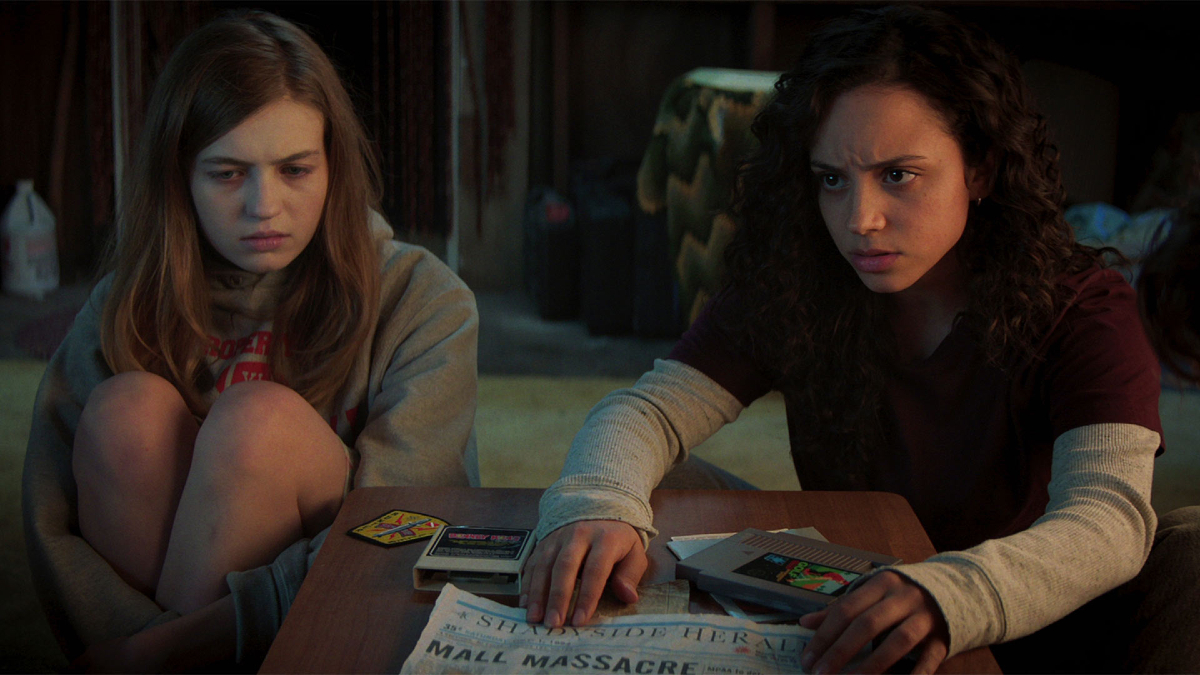
Much like Ready or Not, Fear Street explains class privilege through literal deals with the devil. The underprivileged town of Shadyside has suffered a 300-year generational curse which results in a killing spree occurring once every 16 years. Meanwhile, Shadyside reaps the benefits from the Goode family’s deal with the devil. – KT
The Menu (2022)
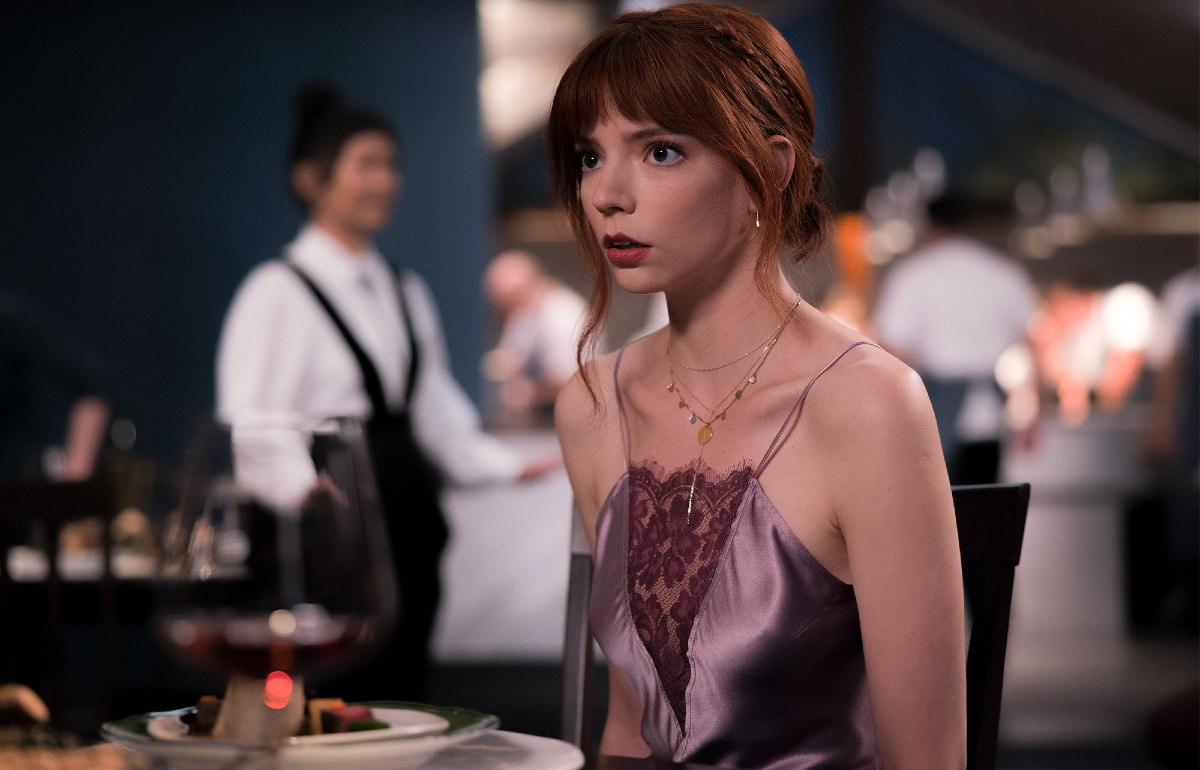
The biggest plot twist of The Menu is that there is no cannibalism. Still, the movie works as an excellent breakdown of the relationship between art and capitalism: Chef is by all means financially and artistically successful, but has grown to resent his rich customers and their inability to actually appreciate his meals beyond their significance as status symbols. I also find it interesting that the customer he connects with the most is Margo the escort, who similarly is successful with her customer base but feels dehumanized by them. – AS & KT
Train to Busan (2018)

Train to Busan is probably the best zombie movie ever made. Many zombie movies have been used to analyze the state of capitalism and its effect on the people, and Train to Busan has turned that subtext into text. Yon-Suk, the businessman who throws every other character under the train to ensure his own survival, is an excellent reflection of protagonist Seok-woo, whose selfish business practices may have kickstarted the whole zombie apocalypse. – KT
(featured image: Searchlight Pictures)



